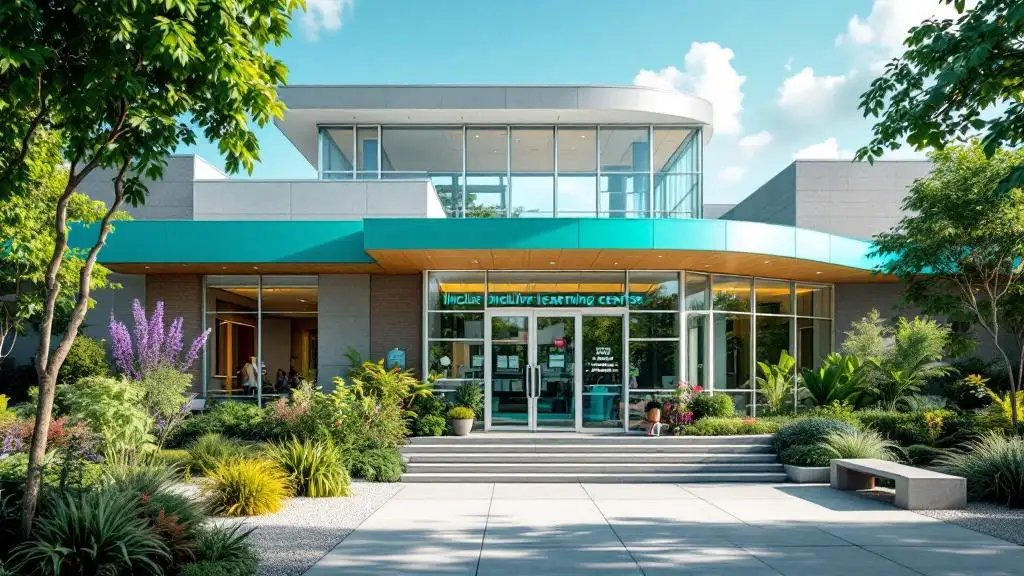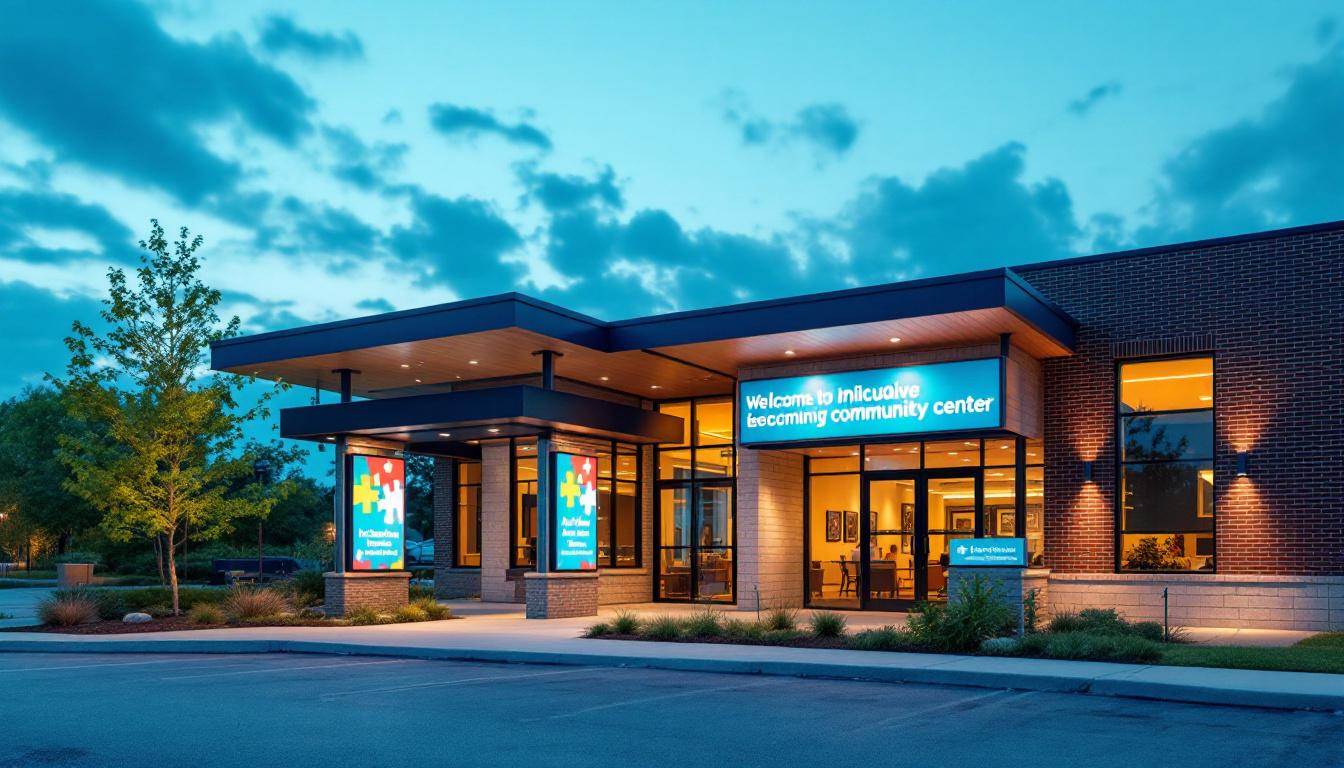What Is The Autism Society Of North Carolina?

Understanding the Mission and Impact of ASNC
The Autism Society of North Carolina (ASNC) is a vital nonprofit organization dedicated to improving the lives of individuals with autism and their families across the state. Established in 1970 and headquartered in Raleigh, ASNC plays a crucial role in advocacy, support, education, and community engagement to foster acceptance and inclusion for people on the autism spectrum.
Core Mission and Purpose of ASNC
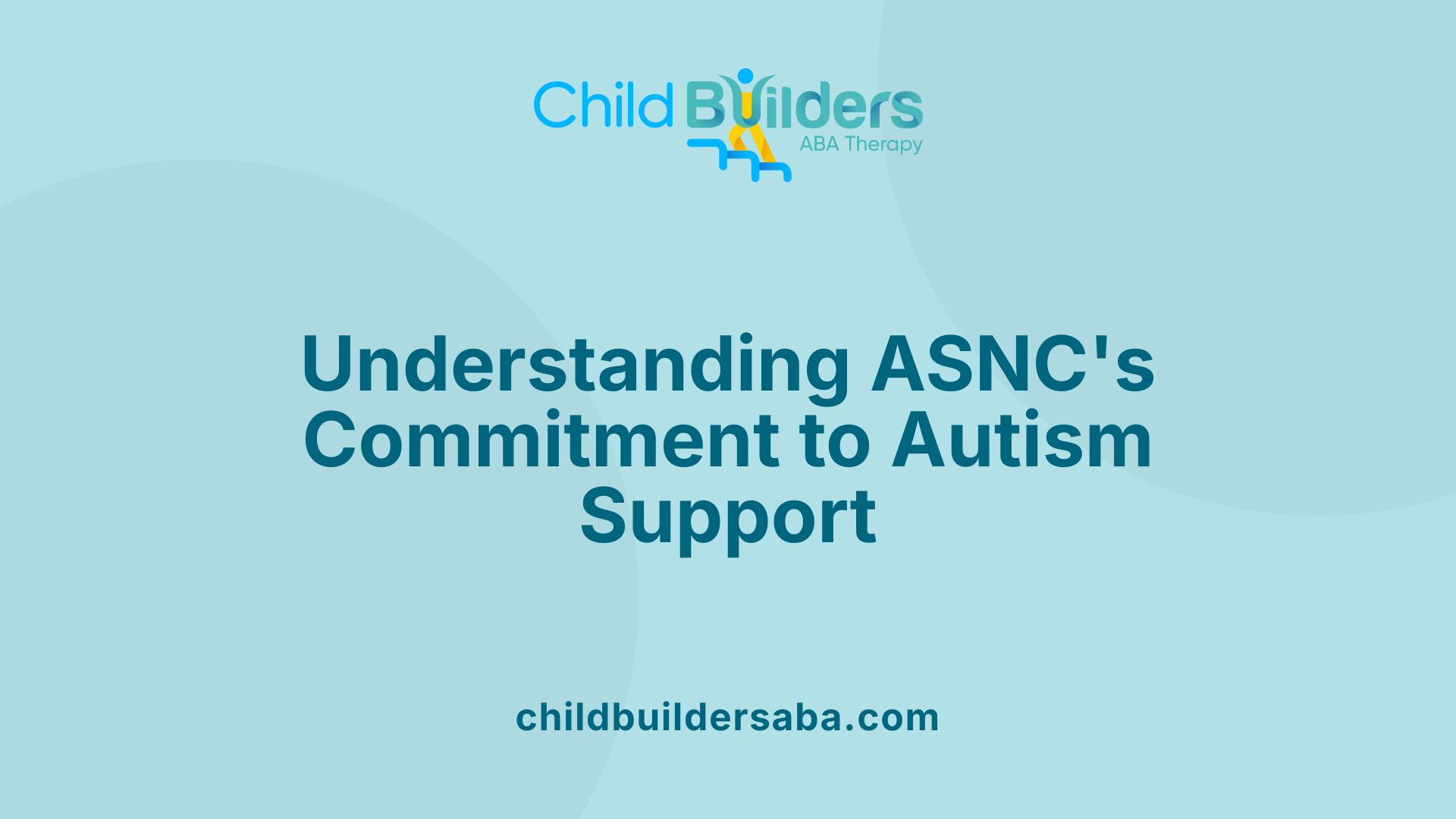
What is the purpose of the Autism Society?
The Autism Society of North Carolina (ASNC) strives to improve the quality of life for individuals with autism spectrum disorder (ASD). Its main goal is to offer diverse services, resources, and advocacy efforts that help individuals with autism reach their full potential. The organization works to foster understanding and acceptance within communities, thereby supporting families affected by autism.
ASNC provides vital support through education, support programs, and policy advocacy. They aim to raise awareness about autism, disspell misconceptions, and promote inclusive environments. This comprehensive approach ensures that individuals with autism and their families receive the encouragement and services they need.
What is the Autism Society of North Carolina specifically committed to?
The commitment of ASNC centers on empowering individuals with ASD and their families. They operate community-based programs that include skill-building activities, residential support, employment opportunities, and recreational programs. These are designed to promote independence and social skills among individuals across all age groups.
Furthermore, ASNC employs evidence-based practices such as Applied Behavior Analysis (ABA) for treatment, which is recognized for its effectiveness in addressing autism-related challenges. The organization also hosts social activities like camps and afterschool programs, promoting engagement and socialization.
ASNC’s regional chapters, including the Outer Banks chapter and Onslow County chapter, play a crucial role in providing localized support. These chapters are often run by volunteers—families and providers—dedicated to creating a welcoming space for sharing resources, solutions, and experiences.
Through its broad range of services and strong advocacy efforts, ASNC is dedicated to not only supporting individuals on the spectrum but also educating the community to foster a more inclusive society.
| Aspect | Details | Additional Notes |
|---|---|---|
| Support Services | Skill building, residential, employment, recreation | Aimed at maximizing potential |
| Treatment | Evidence-based practices like ABA | Proven effective in autism care |
| Community Involvement | Chapters, social activities, community events | Localized support and socialization |
| Advocacy | Policy efforts, awareness campaigns | Promote understanding and acceptance |
| Funding | Grants from foundations, fundraising | Ensures sustainability |
This commitment makes ASNC a vital resource in North Carolina for families, educators, and professionals dedicated to improving lives affected by autism.
Services, Resources, and Support Programs
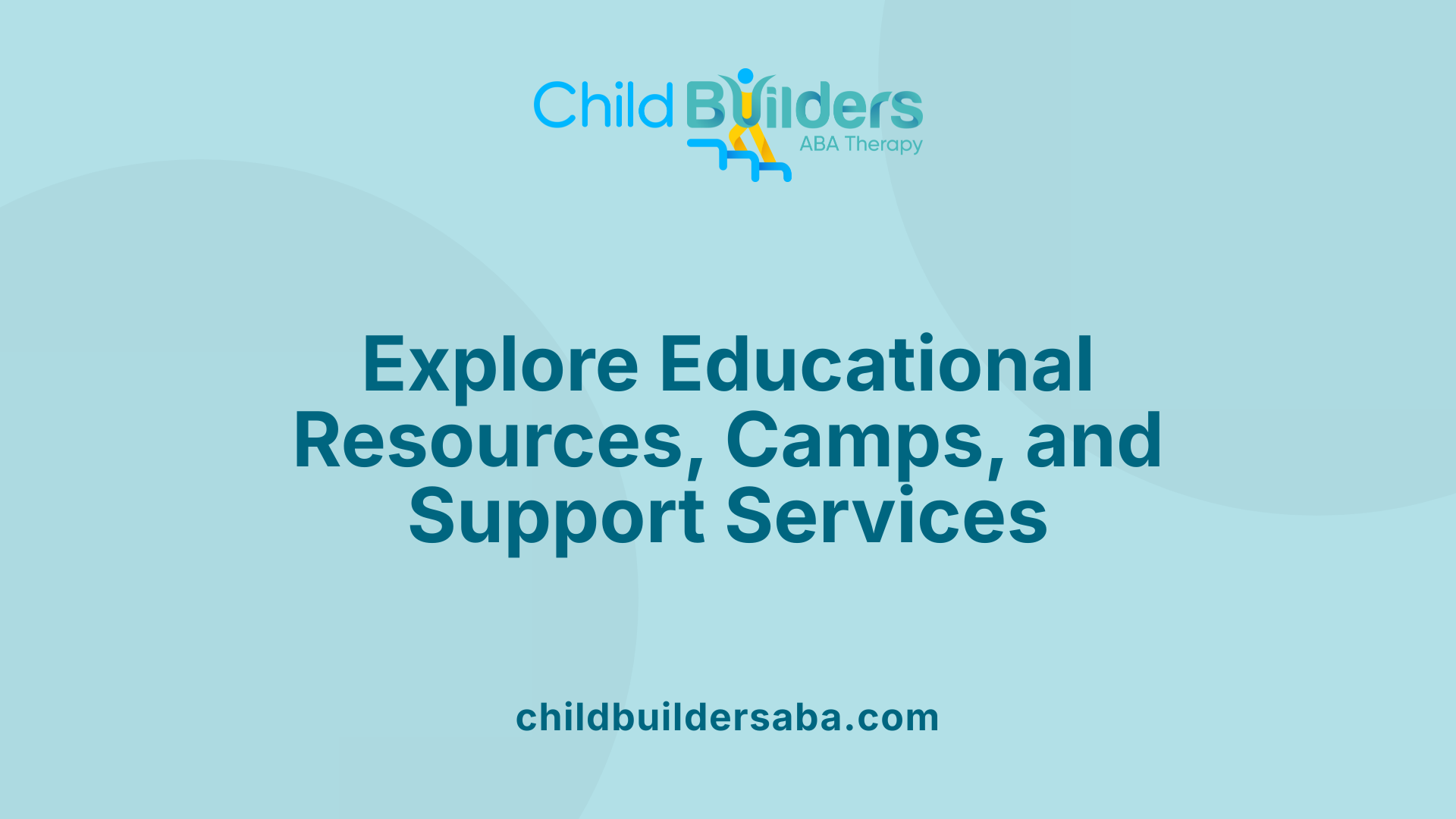 The Autism Society of North Carolina (ASNC) offers a variety of resources and programs designed to support individuals with autism and their families. Central to their offerings are online training modules and resource centers, which provide education on topics such as behavior management, transition planning, and early screening for autism. These accessible tools are tailored for parents, educators, and professionals committed to improving outcomes.
The Autism Society of North Carolina (ASNC) offers a variety of resources and programs designed to support individuals with autism and their families. Central to their offerings are online training modules and resource centers, which provide education on topics such as behavior management, transition planning, and early screening for autism. These accessible tools are tailored for parents, educators, and professionals committed to improving outcomes.
One of the organization's notable support services includes Autism Resource Specialists, who provide personalized guidance, resources, and assistance to families navigating autism-related challenges. They serve as a crucial link connecting families with local services and community programs.
ASNC manages recreational and community-based activities like Camp Royall—a renowned summer camp that promotes social skills, independence, and fun among participants. Additionally, they operate social recreation programs including afterschool activities and social groups aimed at fostering peer connections and life skills.
To expand education and awareness, ASNC hosts numerous webinars—over 50 annually—that cover essential topics such as behavior strategies, educational planning, and support systems. These sessions are free and open to families, educators, and professionals, ensuring broad access to vital knowledge.
Advocacy is a core element of ASNC’s mission. They actively campaign for policy enhancements aimed at improving services and support systems. Initiatives like the 'It Takes Two' campaign focus on reducing dangers like drowning and wandering among individuals with autism and other disabilities. They also organize community events such as the Fall Run/Walk to promote awareness and fundraising.
Through these comprehensive services—spanning education, community involvement, and advocacy—ASNC strives to empower individuals with autism and create more inclusive, supportive environments for all.
Community Engagement and Regional Chapters
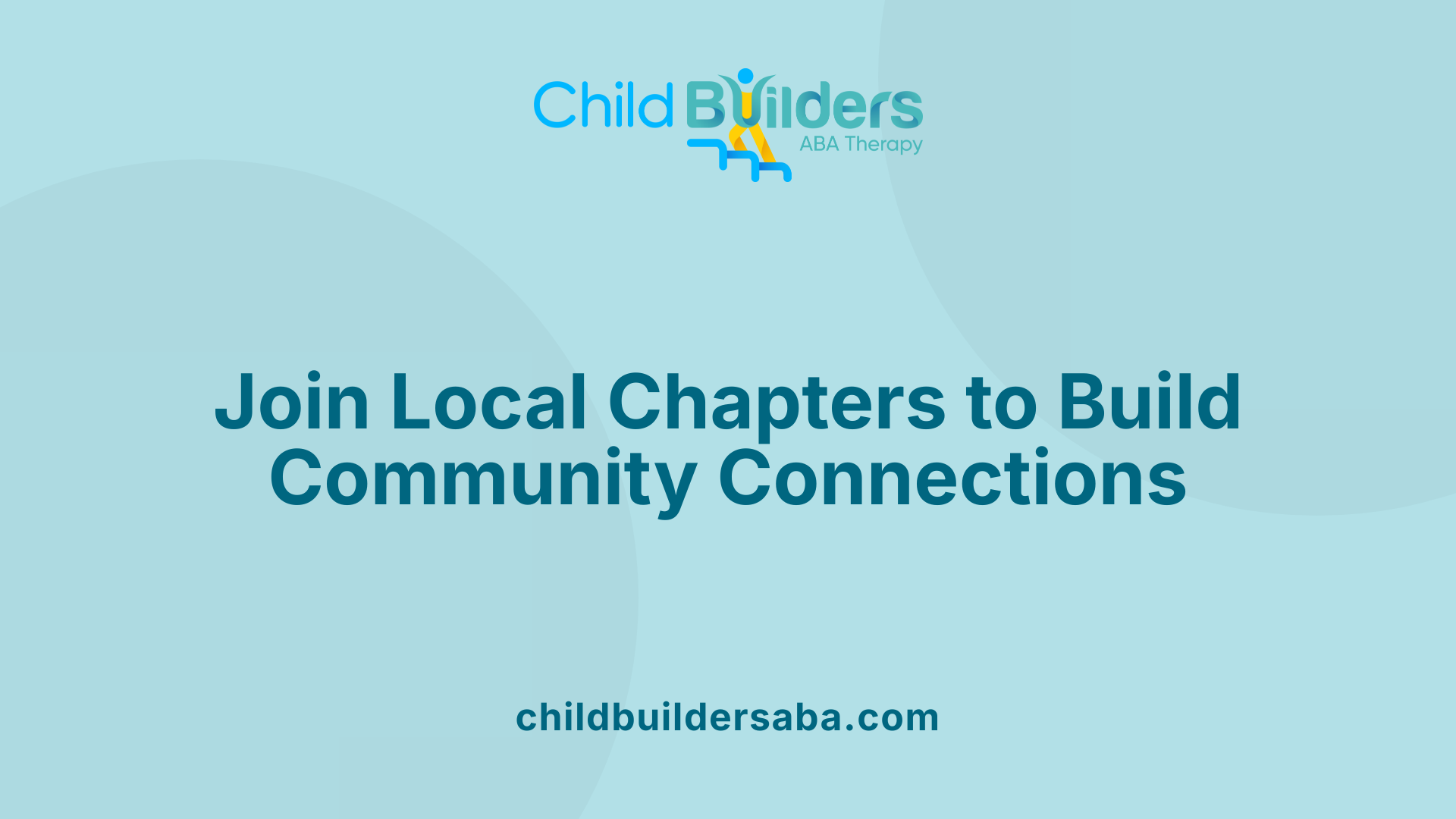
How does ASNC support individuals with autism and their families?
The Autism Society of North Carolina (ASNC) actively engages regional chapters, such as the Outer Banks and Onslow County, to provide tailored support within local communities. These chapters organize monthly meetings, social events, and educational programs that are designed to foster a sense of belonging and understanding.
For instance, the Outer Banks chapter meets at a school library on the fourth Thursday of each month. These gatherings are more than just meetings; they serve as platforms for sharing experiences, gaining new knowledge about autism, and building connections among families and community members.
ASNC’s regional programs aim to connect families with local resources, support groups, and community activities. They also promote awareness and acceptance by hosting community outreach events that highlight the strengths and needs of individuals with autism. Support extends beyond families to include advocacy efforts that influence local policies and funding.
What additional support and activities are available for families and volunteers?
Families involved with ASNC can access a variety of resources such as caregiver support groups, webinars tailored for families, and recreational activities that promote social skills and independence. These programs are designed to provide relief, education, and community bonding.
Volunteers and employment seekers have opportunities to contribute through advocacy, event support, and direct assistance programs. Many volunteers assist during community events or help facilitate support groups, gaining meaningful experience while making a tangible difference.
ASNC values community involvement and encourages families and individuals to participate actively in their local chapters. This engagement not only provides immediate support but also helps strengthen the overall network of services and acceptance for people with autism.
Resources for more information
Interested individuals can search for
Programs, Initiatives, and Broader Impact
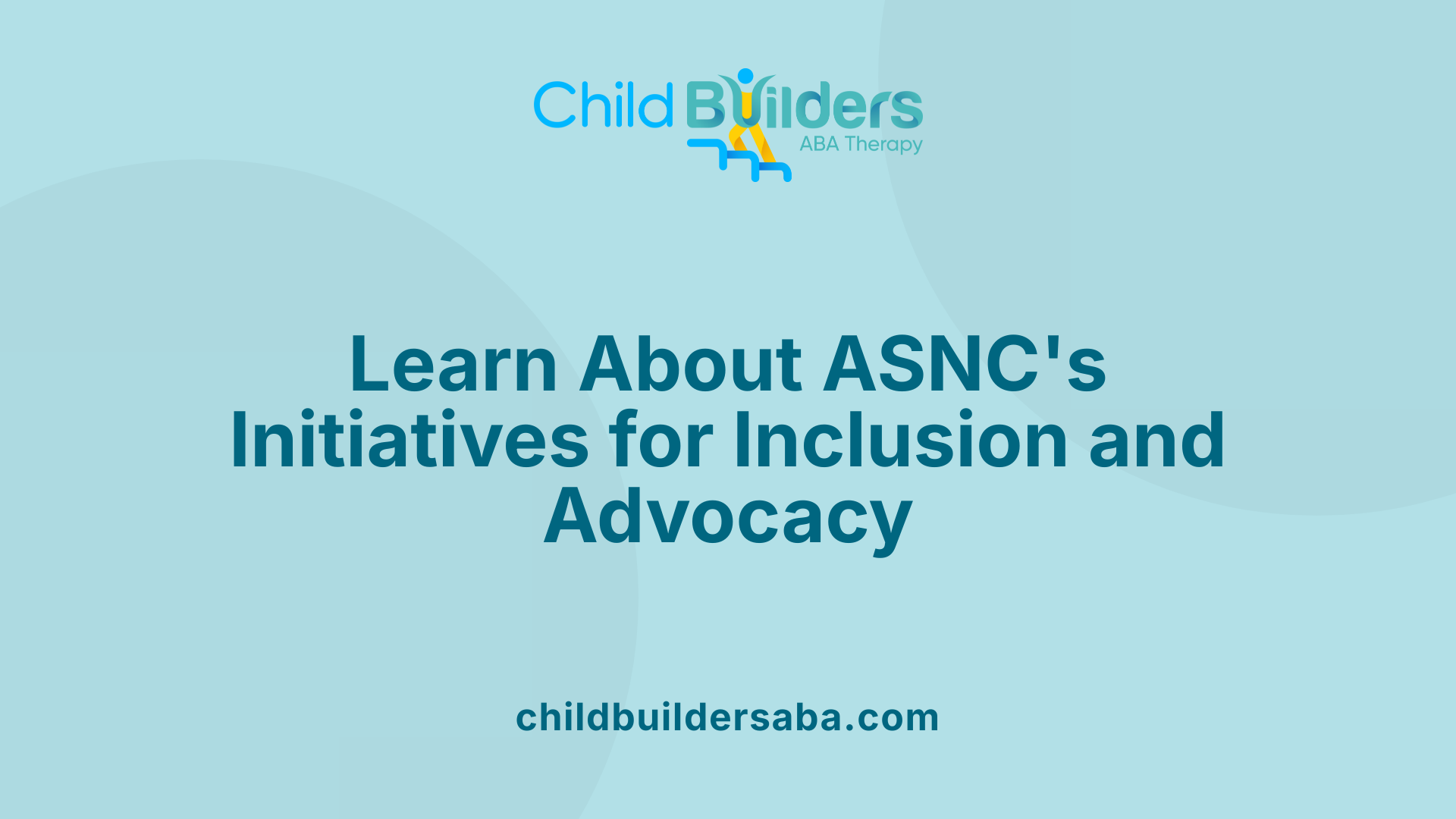
What are the organization’s programs and initiatives?
The Autism Society of North Carolina (ASNC) offers a variety of programs and initiatives aimed at supporting individuals with autism and their families. While their core focus remains on providing resources, support, and education, they also actively promote social inclusion and policy advocacy.
ASNC engages in community awareness campaigns such as Autism Acceptance Month and the 'Autism Is' initiative, which seeks to increase public understanding and acceptance of autism. They collaborate with specialized organizations like TEACCH®, which provides evidence-based treatment and support services.
Beyond awareness, ASNC partners with state agencies and other organizations to enhance service availability. They run community-based programs that include skill-building activities, residential support, employment assistance, and recreational programs. These initiatives are designed to help individuals with autism reach their full potential and lead independent, productive lives.
How does ASNC contribute to broader societal efforts?
ASNC’s contribution extends into advocacy and societal transformation. They actively advocate for policies that improve services and resources for autism and champion the rights of individuals on the spectrum.
They participate in campaigns that promote autism awareness and acceptance, fostering community understanding and reducing stigma. Their collaborations with local and national organizations, such as The Arc of the United States, help bolster efforts to make society more inclusive.
In addition, ASNC promotes social equity through its programs, ensuring individuals with autism have equitable access to education, employment, and community participation. Their work influences community attitudes, supports legislative improvements, and encourages the integration of individuals with autism into all facets of society.
| Program/Initiative | Purpose/Focus | Partners/Related Entities |
|---|---|---|
| Autism Acceptance Campaigns | Raise awareness and promote acceptance of autism | Autism Society, community organizations |
| Support & Education Programs | Provide training, resources, and support to families | TEACCH, schools, service providers |
| Community-based Support Services | Skill development, recreation, and employment support | Local chapters, government agencies |
| Policy Advocacy | Improve policies related to autism support and services | State government, advocacy groups |
Through these efforts, ASNC helps shape a more accepting society, advocating for the needs and rights of individuals with autism while promoting equal opportunities and community inclusion.
Getting Involved and Learning More
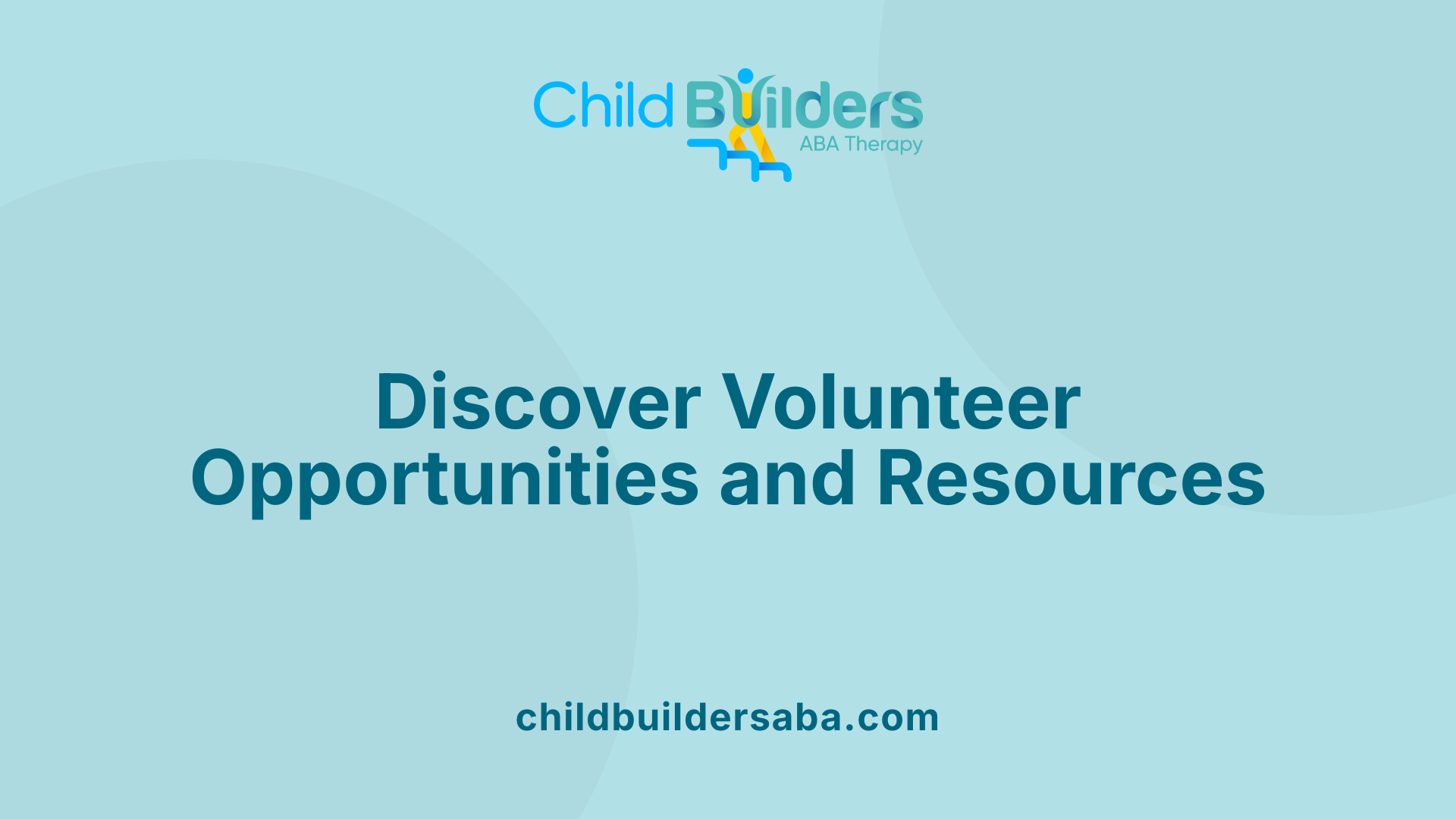
How can I contact or learn more about ASNC?
You can easily get in touch with the Autism Society of North Carolina (ASNC) through various channels. Their main office is located in Raleigh, NC, and they can be reached by phone at 1-800-442-2762. For email inquiries, you can write to info@autismsociety-nc.org. Their website offers extensive resources, event information, webinars, and details about regional chapters, such as the Outer Banks chapter and Onslow County Chapter. These chapters provide localized support and serve as community hubs for families and individuals affected by autism.
Are there opportunities for involvement or employment?
Absolutely. ASNC offers numerous ways for individuals to become involved. They welcome volunteers of all ages who are interested in supporting programs, community events, and advocacy efforts. Volunteering can include assisting in social programs, facilitating workshops, or helping with community outreach. On the employment side, ASNC provides paid positions, including internships and professional staff roles, focused on supporting individuals with autism and their families. These roles contribute directly to enhancing services and increasing awareness.
What resources are available for caregivers and individuals with autism?
ASNC offers a wide array of supportive resources tailored for caregivers and those on the spectrum. Caregivers can access support groups, training sessions, and toolkits to help manage daily challenges and plan for the future. The organization also provides respite services to offer temporary relief for caregivers. For individuals with autism, ASNC organizes social recreation programs such as camps, afterschool activities, and social groups aimed at improving social skills and independence. Webinars, community programs, and informational materials further support understanding and acceptance across communities.
In summary, the Autism Society of North Carolina is a comprehensive resource for connection, support, and education. Their ongoing efforts help foster a more inclusive community where individuals with autism and their families can thrive.
More Info Search Query: Contact and involvement with Autism Society of North Carolina
A Compassionate and Committed Autism Support Organization
The Autism Society of North Carolina stands as a comprehensive resource and advocate dedicated to fostering a supportive, inclusive environment for individuals on the autism spectrum. Through community programs, advocacy efforts, educational resources, and regional support, ASNC strives to transform lives and promote understanding across North Carolina.
References
- Autism Society Creating connections for the Autism community to ...
- Support Agencies - TEACCH® Autism Program
- Autism Society of NC
- Local Resources - UNC Autism Research Center
- Autism Society of North Carolina - Outer Banks
- Autism Society of North Carolina Onslow County Chapter
- NCCARES - Resources | NC Office of Human Resources
- AUTISM SOCIETY OF NORTH CAROLINA INC - GuideStar Profile


































